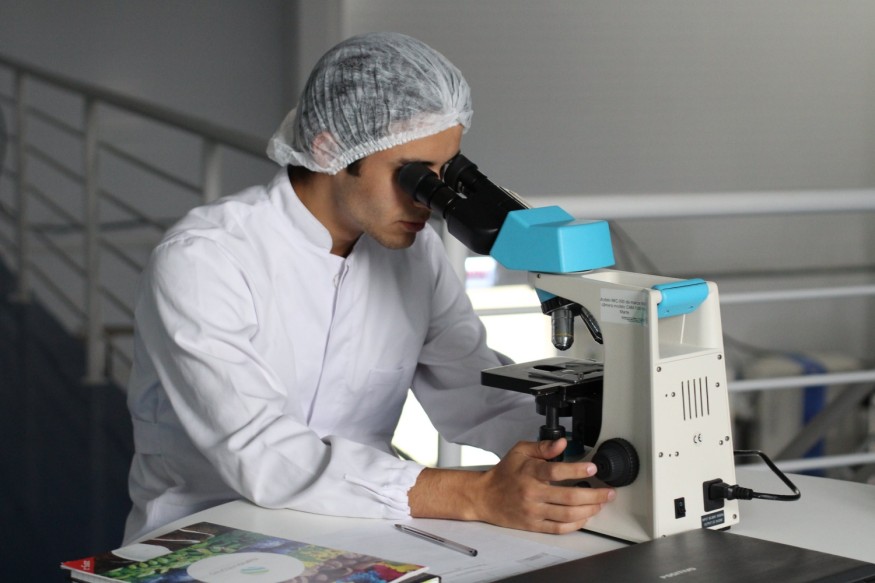
Research led by a team of Australian scientists at Monash University in Melbourne recently discovered that Ivermectin, an FDA-approved anti-parasitic drug could kill the SARS-CoV-2 virus when applied to an infected cell culture within 48 hours and could stop it from developing in cell cultures.
Ivermectin is an anti-parasite drug used to treat infections in the body that are caused by parasites. The researchers first tested the antiviral activity of the drug against SARS-CoV-2 by infecting cells with the virus and administering the Ivermectin.
One of the lead researchers, Dr. Kylie Wagstaff of the Monash Biomedicine Discovery Institute, said that when they used the drug on coronavirus-infected cells on a dish in the laboratory, a single dose was able to stop the virus from replicating within 48 hours. There was also a significant reduction in the replication of the coronavirus within the first 24 hours, according to Wagstaff. It was around a 5,000-fold decrease in the coronavirus RNA, which indicates that the Ivermectin treatment led to the loss of substantially all viral material.
There was no further reduction observed in the viral RNA at 72 hours. Scientists also did not identify any toxicity of the drug at the time points tested in their samples as well as in drug alone samples they parallelly tested.
It is still unclear how Ivermectin works on the virus, but Wagstaff believes that the drug most likely stops the virus by dampening down the ability of the host cells to clear it. Ivermectin is an inhibitor of the COVID-19 causative virus as reported in the study, and its action towards SARS-CoV-2 is similar to its effect on other viruses, including HIV, dengue, Zika virus, and Influenza in vitro.
Wagstaff stressed that the drug is safe for humans because of how it is widely used all around the globe to treat parasitic indications such as worms and lice. However, the next step is to figure out if the dosages identified as safe for humans can be used effectively on infected people as the study has only been conducted in vitro.
The team of researchers perceives that the confirmation of the drug's mechanism against SARS-CoV-2 and the identification of the specific SARS-CoV-2 or host components impacted will be a focus future work in the team's laboratory. The researchers reported that once an effective antiviral for SARS-CoV-2 is developed, giving patients an antiviral in the early stages of their infection could significantly help limit the viral load. Early treatment of the virus could also prevent the severe progression of the disease and limit its transmission among people.
The study also proposed that benchmarking testing of Ivermectin as soon as it is feasible against other potential antiviral medications for SARS-CoV-2 with different mechanisms of action is crucial. It is also critical that further evaluation and examination of multiple addition dosing regimens that replicates current approved usage of the drug in humans be conducted for possible benefit in COVID-19 patients. With the team's report on Ivermectin's effect and safety profile, they have concluded that the drug is worthy of further consideration and funding for pre-clinical and clinical trials.
© 2026 NatureWorldNews.com All rights reserved. Do not reproduce without permission.





